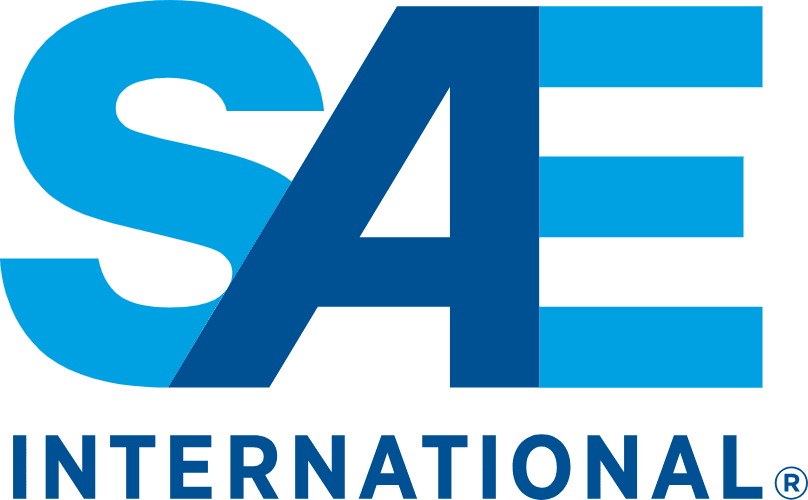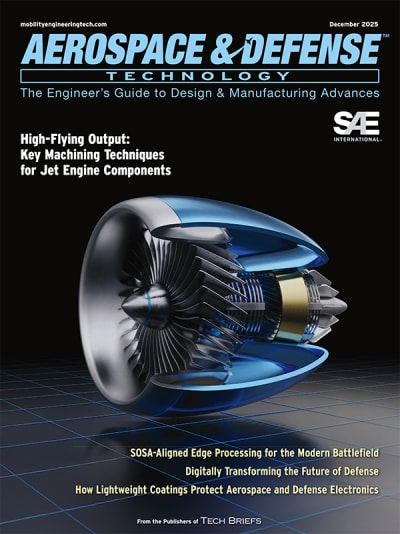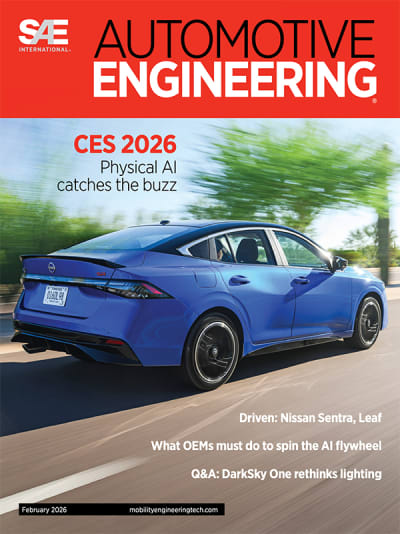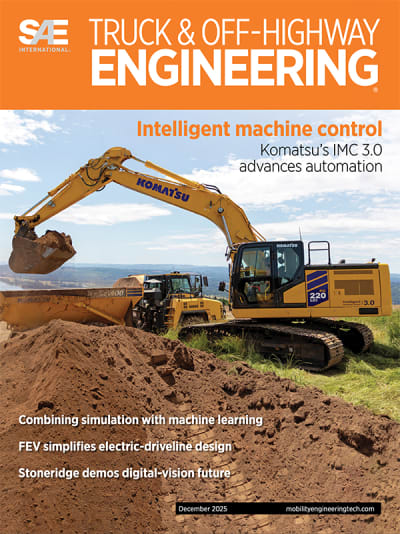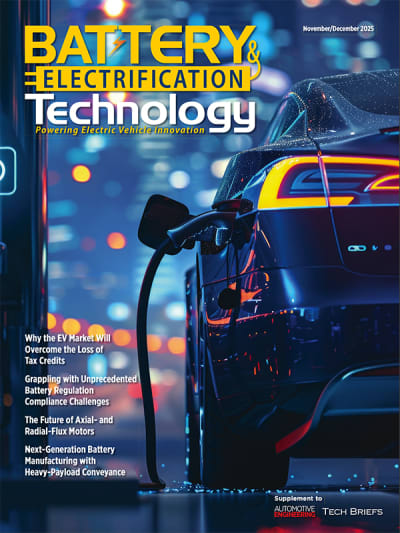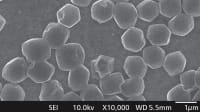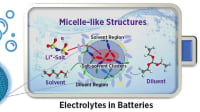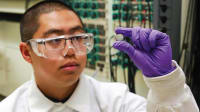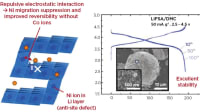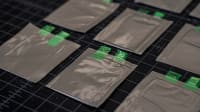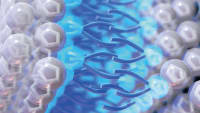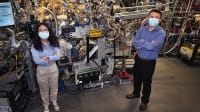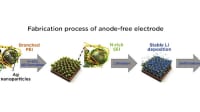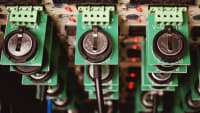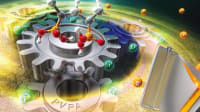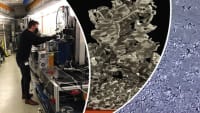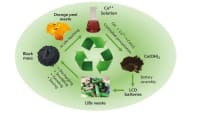A Solvent-Free Process to Make Better, Cheaper Li-ion Battery Electrodes
The work could improve the manufacturing of EV batteries.

A team Led by Worcester Polytechnic Institute (WPI) researcher Yan Wang has developed a solvent-free process to manufacture Li-ion battery electrodes that are greener, cheaper, and charge faster than electrodes currently on the market.
The work, published in the journal Joule, is an advance that could improve the manufacturing of batteries for electric vehicles.
The group reported on a dry-print manufacturing process that avoids the toxic solvents and the long drying times needed when manufacturing electrodes with slurries and conventional production methods. Wang, the WPI William B. Smith Dean’s Professor in the Department of Mechanical and Materials Engineering, said the new process could be scaled up and reduce electrode manufacturing costs by up to 15 percent, while also producing electrodes that can charge faster than conventionally produced electrodes.
“Current Li-ion batteries charge too slowly, and manufacturers typically use flammable, toxic, and expensive solvents that increase the time and cost of production,” Wang said. “Our solvent-free manufacturing process addresses those disadvantages by producing electrodes that charge to 78 percent of capacity in 20 minutes, all without the need for solvents, slurries, and long production times.”
Commercial Li-ion battery electrodes are typically made by mixing active materials, conductive additives, polymers, and organic solvents to create a slurry that is pasted onto a metal substrate, dried in an oven, and cut into pieces for use in batteries. The solvents are recovered through distillation.
The researchers’ process, in contrast, involved mixing together dry powders that were electrically charged so they would adhere when sprayed onto a metal substrate. The dry-coated electrodes were then heated and compressed with rollers. Skipping the conventional drying and solvent-recovery process cut battery manufacturing energy use by an estimated 47 percent, the researchers reported.
Wang has long been focused on improving Li-ion batteries and reducing the waste they create. He co-founded Ascend Elements, a company that is developing battery-recycling technologies.
WPI has filed a patent application on the manufacturing technology developed by Wang’s team. In addition, Wang and one of his collaborators, Heng Pan of Texas A&M University, co-founded AM Batteries Inc., a venture-backed company that is working with Amperex Technology Limited (ATL) and other companies to scale up solvent-free electrode manufacturing.
For more information, contact Colleen B Wamback at
Top Stories
INSIDERManufacturing & Prototyping
![]() How Airbus is Using w-DED to 3D Print Larger Titanium Airplane Parts
How Airbus is Using w-DED to 3D Print Larger Titanium Airplane Parts
NewsAutomotive
![]() Microvision Aquires Luminar, Plans Relationship Restoration, Multi-industry Push
Microvision Aquires Luminar, Plans Relationship Restoration, Multi-industry Push
INSIDERAerospace
![]() A Next Generation Helmet System for Navy Pilots
A Next Generation Helmet System for Navy Pilots
INSIDERDesign
![]() New Raytheon and Lockheed Martin Agreements Expand Missile Defense Production
New Raytheon and Lockheed Martin Agreements Expand Missile Defense Production
ArticlesAR/AI
![]() CES 2026: Bosch is Ready to Bring AI to Your (Likely ICE-powered) Vehicle
CES 2026: Bosch is Ready to Bring AI to Your (Likely ICE-powered) Vehicle
Road ReadyDesign
Webcasts
Semiconductors & ICs
![]() Advantages of Smart Power Distribution Unit Design for Automotive...
Advantages of Smart Power Distribution Unit Design for Automotive...
Unmanned Systems
![]() Quiet, Please: NVH Improvement Opportunities in the Early Design...
Quiet, Please: NVH Improvement Opportunities in the Early Design...
Electronics & Computers
![]() Cooling a New Generation of Aerospace and Defense Embedded...
Cooling a New Generation of Aerospace and Defense Embedded...
Power
![]() Battery Abuse Testing: Pushing to Failure
Battery Abuse Testing: Pushing to Failure
AR/AI
![]() A FREE Two-Day Event Dedicated to Connected Mobility
A FREE Two-Day Event Dedicated to Connected Mobility
